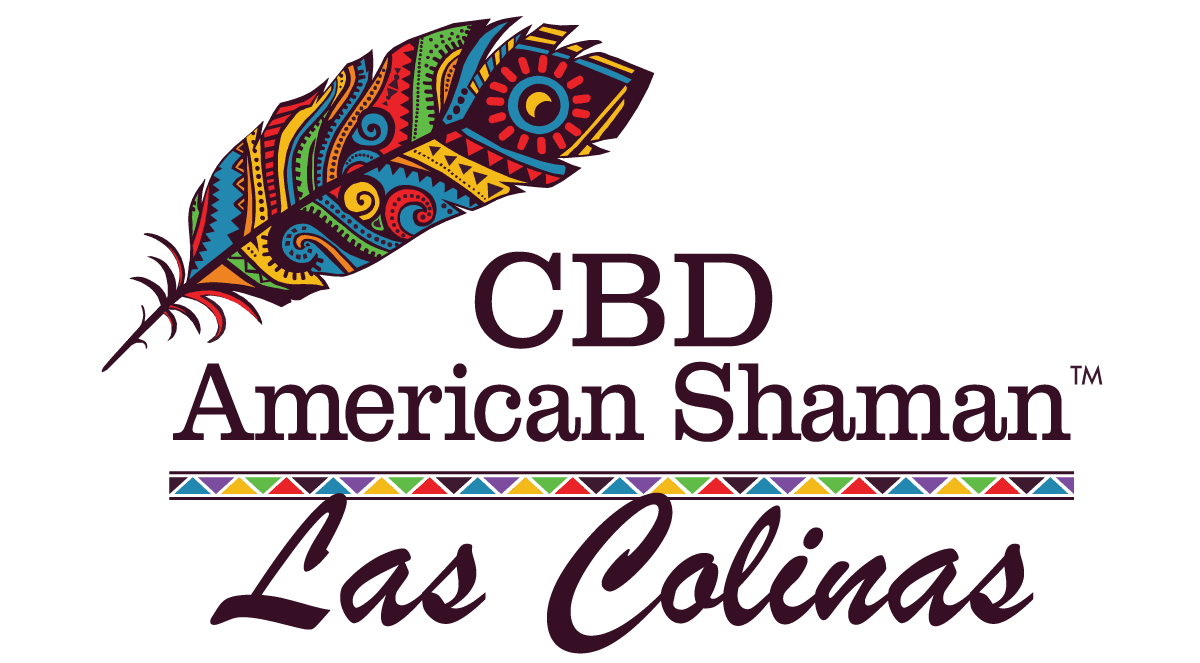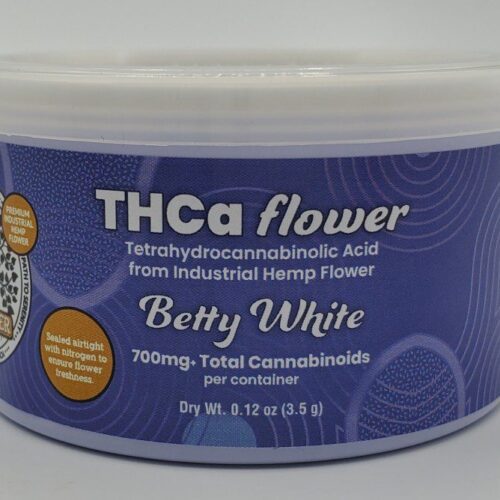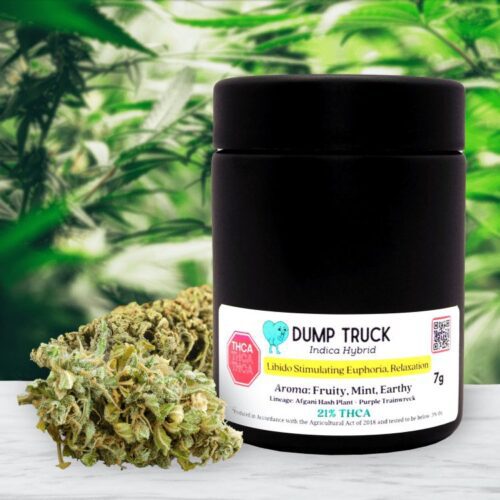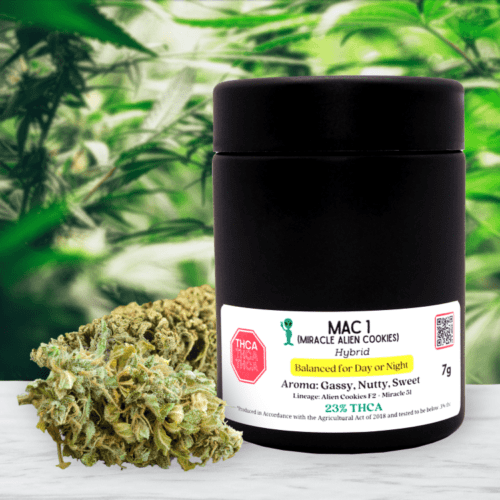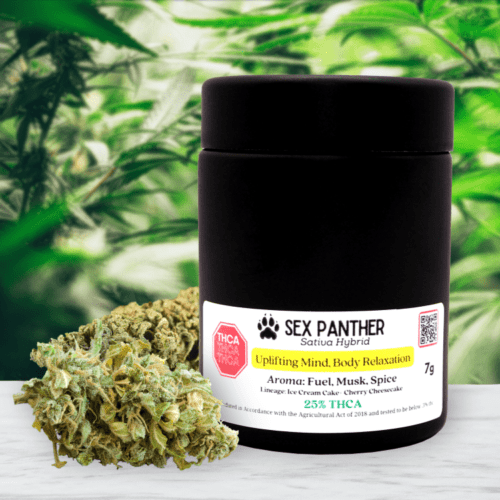-

-

Dump Truck
$80.00 — or
THCA Flower$80.00Original price was: $80.00.$72.00Current price is: $72.00. / monthSelect options This product has multiple variants. The options may be chosen on the product page -

Grape Frosty
$80.00 — or
THCA Flower$80.00Original price was: $80.00.$72.00Current price is: $72.00. / monthSelect options This product has multiple variants. The options may be chosen on the product page -

Hippie Crippler
$80.00 — or
THCA Flower$80.00Original price was: $80.00.$72.00Current price is: $72.00. / monthSelect options This product has multiple variants. The options may be chosen on the product page -

Miracle Alien Cookies
$80.00 — or
THCA Flower$80.00Original price was: $80.00.$72.00Current price is: $72.00. / monthSelect options This product has multiple variants. The options may be chosen on the product page -

Sex Panther THCA Flower
$80.00 — or$80.00Original price was: $80.00.$72.00Current price is: $72.00. / monthSelect options This product has multiple variants. The options may be chosen on the product page
End of content
End of content
